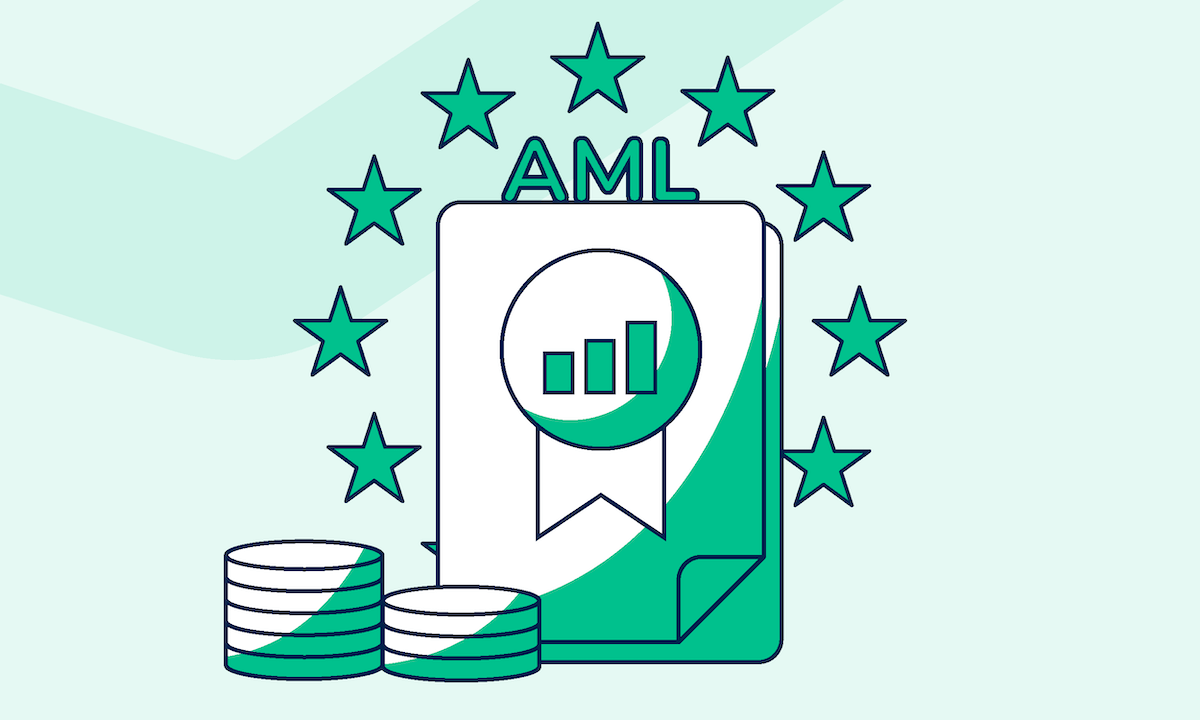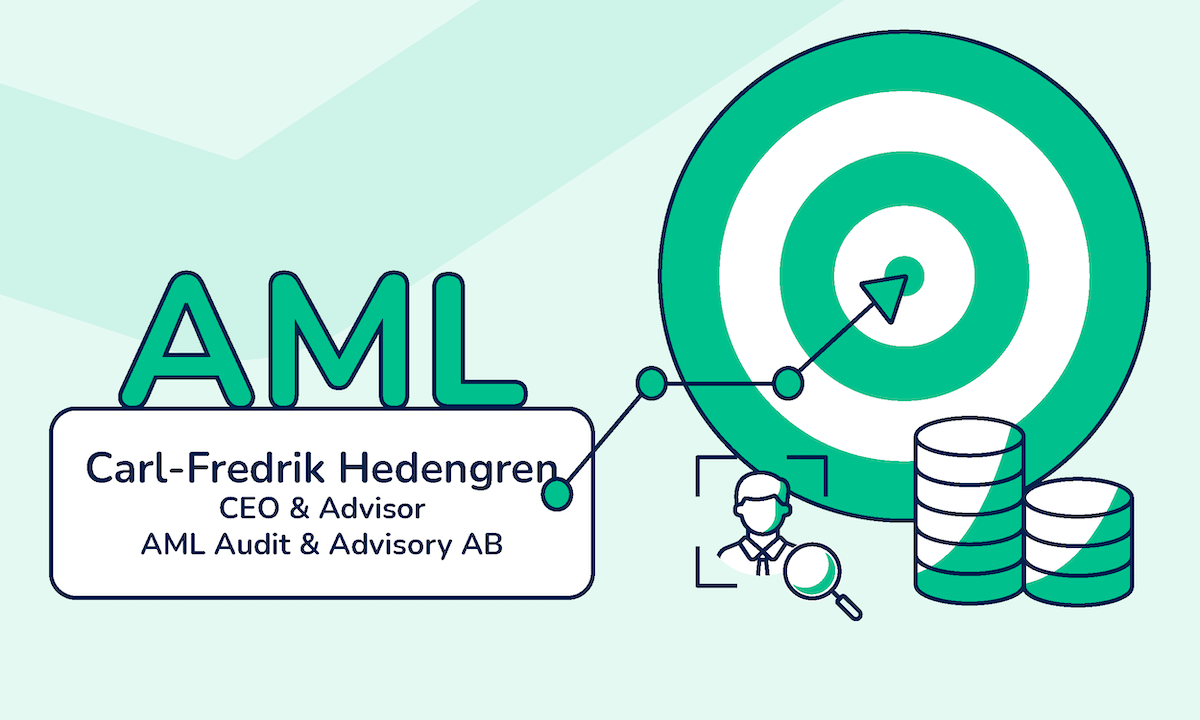Digital transformation in the financial sector is about harnessing new technologies, such as fintech solutions, to continuously improve how your business creates, delivers, and captures value. In today’s competitive environment, digital transformation is crucial to the long-term success of every company operating in the financial sector.
What is FinTech?
FinTech refers to the technologies that help companies in the financial sector boost efficiency, improve the client experience, and gain a competitive advantage.
The FinTech sector consists of businesses that deliver financial services through digital channels and vendors that provide technology solutions to these businesses.
Examples of FinTech solutions
There are numerous FinTech solutions that companies in the BFSI sector can leverage, including:
Know Your Customer (KYC) software
All financial institutions must conduct KYC checks on their customers to comply with their anti-money laundering obligations. Unfortunately, many companies still carry out their KYC processes manually or with the help of outdated technology (e.g., Excel sheets).
Besides being extremely time-consuming, manual or outdated KYC processes also carry a higher risk of human error. And human errors can have very costly consequences when they result in non-compliance.
Digital KYC verification tools, such as Penneo KYC, are designed to help companies in the financial services sector automate the following tasks:
- Collecting identity documents and information from clients and their beneficial owners
- Screening beneficial owners and clients against PEP and sanctions lists
- Assessing the risk associated with each client
- Continuously monitoring the business relationship
- Documenting compliance with the KYC requirements
With the help of KYC software, businesses can meet their legal obligations more efficiently and provide a more convenient experience to their clients.
Mobile banking
Mobile banking has revolutionized how individuals and businesses manage their finances, offering convenience, security, and efficiency.
By allowing customers to check their account balances, transfer funds, make payments, and even apply for loans directly from their smartphones, mobile banking solutions enable financial institutions to deliver a more convenient experience to their clients, who are no longer required to visit a physical branch every time they need to carry out a transaction.
Mobile payments and digital wallets
Mobile payments enable financial transactions through mobile devices, allowing users to make payments, transfer money, and conduct various transactions conveniently and securely. It includes features like Near Field Communication (NFC), digital wallets, and P2P payment apps.
For businesses, adopting mobile payments brings several benefits. It enhances the customer experience, increases sales by catering to a broader customer base, and reduces transaction costs. Moreover, mobile payments provide faster processing times and improved security.
Robo-advisors
Robo-advisors are automated investment platforms that utilize algorithms to provide investment advice and portfolio management services. These digital tools aim to make investment management more accessible, cost-effective, and efficient by leveraging technology. By leveraging data-driven strategies and historical performance data, robo-advisors make informed investment decisions.
Robo-advisors enable firms to offer scalable and automated investment services, reducing the need for extensive human resources and overhead costs associated with traditional financial advisory services. Plus, robo-advisors appeal to tech-savvy and younger investors, allowing financial firms to tap into new demographics and expand their market reach.
By integrating robo-advisory services into their offerings, financial businesses can enhance their competitive edge, improve customer satisfaction, and provide cost-effective investment solutions to a broader range of clients.
InsurTech
InsurTech solutions help insurance companies automate and simplify administrative tasks, such as policy management and claims processing, thus reducing operational costs and improving overall efficiency. They also boost customer satisfaction and engagement by making it easier for policyholders to access and manage their insurance through user-friendly digital platforms.
Moreover, InsurTech enables faster claims settlement by reducing paperwork and accelerating the reimbursement process. By adopting InsurTech solutions, insurance companies can stay competitive in a rapidly evolving market, drive innovation, and provide more efficient, customer-centric insurance services.
Artificial intelligence (AI)
AI-powered automation enables companies in the BFSI sector to streamline operations, reduce manual work, and enhance efficiency.
Chatbots and virtual assistants lead to cost savings and better client experience by handling customer inquiries, providing personalized recommendations, and facilitating self-service. Moreover, AI algorithms can analyze vast amounts of data to detect patterns and anomalies, thus enabling more accurate risk assessment, fraud detection, and underwriting processes.
Ultimately, AI solutions empower BFSI companies to deliver faster, more convenient services, optimize their internal processes, and make data-driven decisions.
What are the benefits of FinTech?
FinTech empowers BFSI companies to become more agile, customer-centric, and technologically advanced, ensuring they remain competitive in a rapidly evolving financial landscape.
Enhanced customer experience
FinTech solutions enable companies to provide a seamless and user-friendly customer experience. Mobile banking apps, digital wallets, and online payment platforms make it convenient for customers to access and manage their finances. Personalized services, such as robo-advisors, cater to individual needs and preferences, leading to higher customer satisfaction and loyalty.
Improved efficiency
Implementing FinTech solutions can significantly reduce operational costs for BFSI companies. Automation of processes, such as KYC verifications, loan processing, and transaction settlement, minimize paperwork and manual work.
Data-driven insights
FinTech solutions generate and analyze vast amounts of data, offering valuable insights into customer behavior, spending patterns, and market trends. This data-driven approach helps BFSI companies make informed decisions, develop targeted marketing strategies, and create innovative financial products and services.
Better risk management
AI-powered algorithms and machine learning techniques enhance risk assessment and fraud detection capabilities. Companies can better identify potential risks, assess creditworthiness, and detect fraudulent activities in real time, leading to improved risk management practices.
Regulatory compliance
FinTech solutions often incorporate regulatory compliance measures into their design, thus helping BFSI companies adhere to strict financial regulations and reducing the risk of non-compliance.
How can Penneo KYC help companies in the BFSI sector?
Penneo KYC is a digital KYC tool that can help companies in the BFSI sector to ensure compliance, reduce risk, enhance the customer experience, and drive operational efficiency. Notable features include:
- Identity verification: Penneo KYC enables you to securely collect the information and documents you need to verify the identity of your clients. The system employs end-to-end encryption, thus ensuring a high level of data protection.
- AML/CTF screening: Penneo KYC checks client data against PEP and sanctions lists to identify high-risk individuals or entities. The system performs daily screenings and notifies you immediately about changes in the client’s circumstances.
- Guided risk assessment: Penneo KYC enables users to assign risk levels to their clients based on various factors, such as location, transaction patterns, industry, etc.
- Accessibility: Penneo KYC centralizes and securely stores customer data, making it easier for companies to manage and access customer records.
- Audit trails: The software maintains detailed audit trails, documenting every step of the KYC process. Companies can use these audit trails to demonstrate their compliance to the authorities.
- Integration & API access: You can integrate Penneo KYC with other systems, such as ERP software, thus enabling data to flow seamlessly between the two tools.
- Unlimited KYC verifications: With Penneo KYC, there is no limit on the number of KYC checks that companies can perform.
These features collectively help companies subject to AML laws to meet regulatory obligations, enhance customer due diligence, prevent fraud, and maintain a secure environment for their operations.





